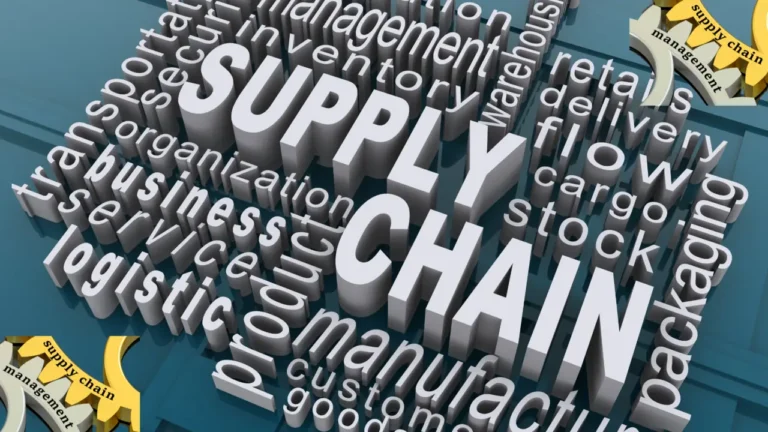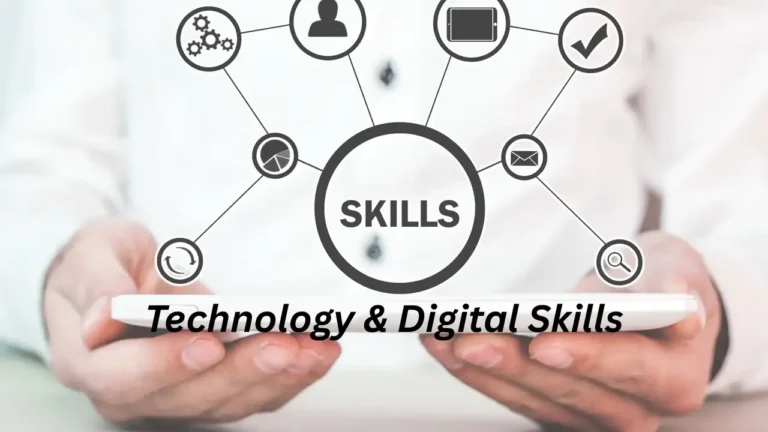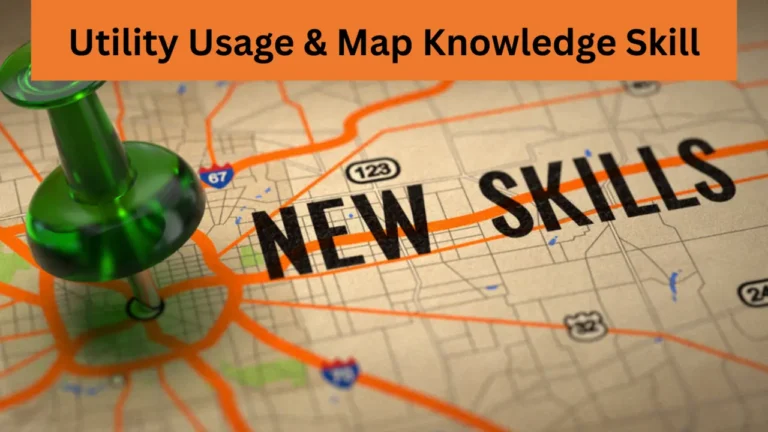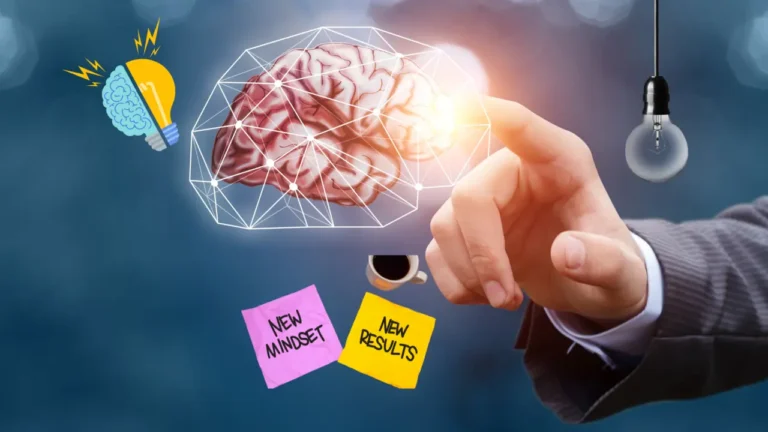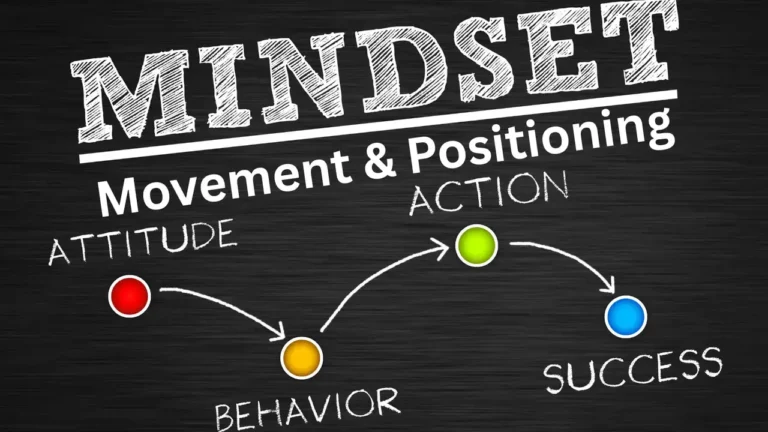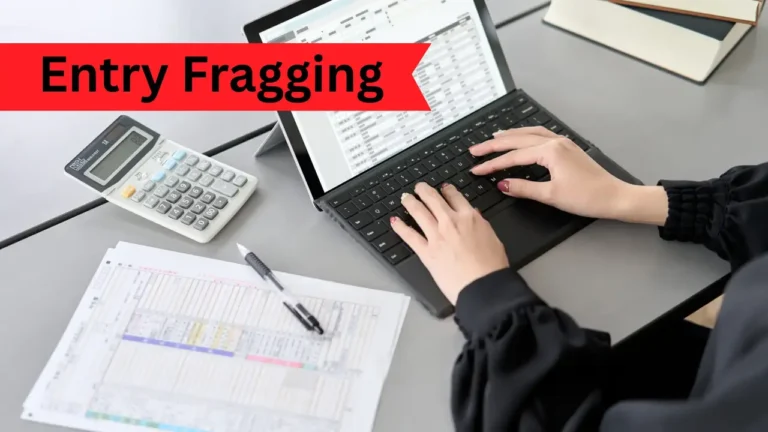Game Sense & Awareness Skill: The Hidden Power Behind Competitive Success
In the fast-paced world of competitive gaming, raw mechanics and fast reflexes are no longer enough. What truly separates good players from great ones is a deep understanding of the game a sense that allows them to out think and outplay their opponents.
This is where game sense & awareness skill becomes a game changer.
What Is Game Sense & Awareness Skill?
Game sense & awareness skill is the ability to anticipate events in a game based on patterns, player behavior, and environment cues. It includes situational awareness in gaming, map control, and the intuition to make smart decisions before things even happen.
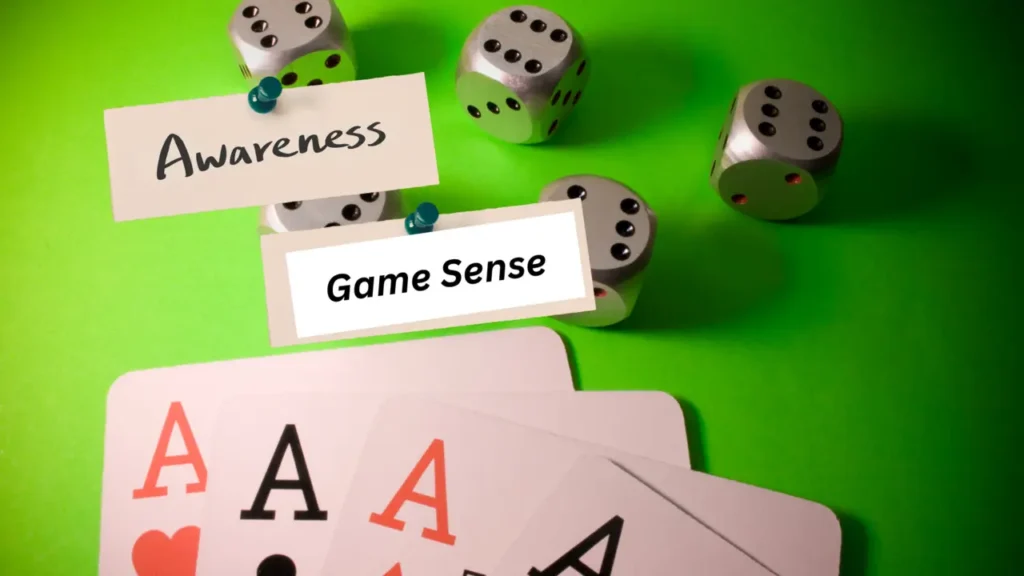
Whether you’re playing a tactical shooter like Valorant or a strategy-heavy title like Dota 2, mastering this skill can drastically improve your performance and decision-making.
Why Game Awareness Matters More Than Aim
Many players obsess over aim training and reflex drills. But even if you have perfect aim, you’ll lose fights if you’re caught off-guard or in bad positions. That’s where awareness shines.
Players with strong game sense & awareness skill know when to engage, when to rotate, and when to retreat. They understand the rhythm of the game and often seem to be “in the right place at the right time.”
This is not luck. it’s a learned skill built from predictive gameplay, experience, and conscious practice.
Core Components of Game Sense
To build strong game sense & awareness skill, focus on these key areas:
1. Map Knowledge
Understanding every corner of the map is essential. In FPS games, this helps with peeking angles and predicting enemy positions. In MOBAs or battle royales, map knowledge helps with controlling objectives and safe rotations.
2. Enemy Behavior Tracking
Pay attention to how opponents move, what patterns they follow, and how they use their abilities. This allows you to predict enemy movements and act preemptively.
3. Cooldown Awareness
In many games, managing abilities or weapons is key. Knowing when an enemy’s key skill is on cooldown lets you make aggressive plays with confidence.
4. Information Sharing
In team-based games, communication multiplies awareness. Sharing positions, rotations, and damage reports allows your whole team to gain strategic advantage.
How to Train Game Sense & Awareness Skill
Like any skill, awareness improves with focused effort. Here’s how you can speed up your learning:
- Watch High-Level Play: Study professionals and content creators. Observe their rotations, decision-making, and reactions to pressure.
- Play Intentionally: Set goals like “track the minimap every 10 seconds” or “predict next enemy move.” Reflect on your choices after matches.
- Use Tools and Replays: Many games offer replay systems. Watch your gameplay and ask: Could I have seen that coming? Did I have the info I needed?
- Stay Calm Under Pressure: Awareness thrives when you’re focused. Stress reduces your field of vision and judgment. Stay centered.
Game Sense vs. Mechanical Skill
You can win games with average mechanics if you’re smart about positioning, timing, and movement. But players with good aim and poor awareness often feed or throw matches.
Game sense & awareness skill is what helps top players turn bad fights into wins and lead teams to victory. It’s your mental edge and it scales with experience.
Benefits Beyond Gaming
Mastering game awareness doesn’t just make you a better gamer. It sharpens:
- Strategic thinking
- Memory and pattern recognition
- Decision-making under pressure
- Team communication skills
These are all transferable to real-world careers, from esports to business and beyond.
Conclusion
Developing your game sense & awareness skill is one of the smartest ways to level up your game. While others grind mechanics, you can gain a strategic advantage through smarter plays, sharper positioning, and better anticipation.
This isn’t a skill reserved for pros anyone can train it. With consistent focus, smart review, and the right mindset, you’ll start to see the game differently and win more often because of it.
FAQs
How do I improve my game sense in FPS games?
Watch replays, understand maps, and practice predicting enemy positions. Games like CS\:GO and Valorant reward smart positioning over just sharp aim.
What’s the difference between reaction time and game sense?
Reaction time is physical, but game sense is mental. You can compensate for slower reactions with better awareness and decision-making.
Is game sense only for professional players?
No. Casual and competitive players alike benefit from strong awareness. It helps in ranked ladders, team play, and even solo matches.
Can I learn game awareness without watching pros?
Yes, but studying skilled players speeds up the process. Observing their habits, rotations, and responses teaches you advanced concepts faster.
What are signs that my game sense is improving?
You’ll die less to surprise attacks, win more fights through smart plays, and start anticipating events before they happen.
